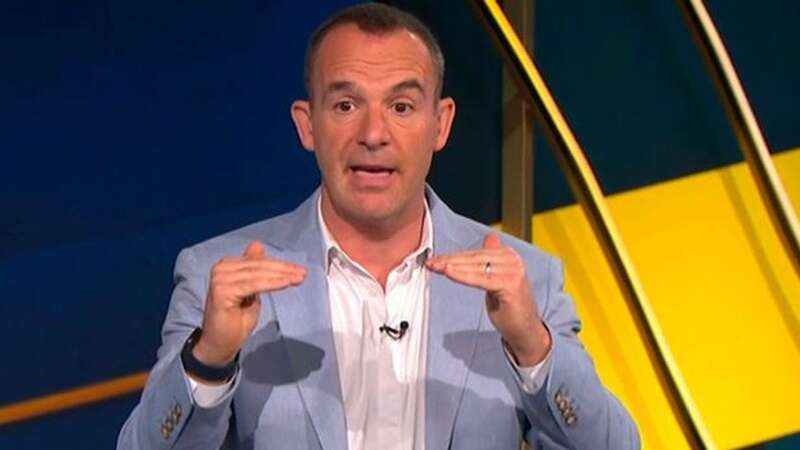
Martin Lewis cautioned taxpayers that merely an extra £1 income or interest could tip them over the "cliff's edge" of income tax, but also provided some strategies for avoiding such a tumble. On the Not the Martin Lewis Podcast, he and his panel of experts spun into action as a caller, Helen, raised a query about her income tax as she found herself teetering on the edge of crossing into the higher tax rate band.
Together with renowned tax experts Kari Mellon and Rebecca Benneyworth, the Money Saving Expert aired his irritation at the steep, abrupt jump represented by the income tax brackets and explained how employees could dodge heftier rates. Helen pointed out that moving to the higher tax rate band would increase her income tax to 40%, while also slashing her personal savings allowance - it would shrink to just £500 of annual tax-free savings interest, down from £1,000.
Rebecca concurred with Helen's understanding, noting: "There's quite a few of these cliff edges in the tax system... If you earn an extra pound of income, all of a sudden you've lost £500 of exemption." She recommended that Helen withdraw some money from her savings to avoid the tax on her interest or consider "moving some to a lower interest rate account".
To add to her options, Martin suggested she might also divert more of her income into her pension, hence keeping her out of the higher rate of tax in the first place. The upper threshold currently stands at £50,270 for earnings derived both from employment and savings interest with respect to the basic rate of income tax.
He elaborated: "Let me give you a scenario on this, if your income from work is £49,350 and your interest from savings is £900 then your total income is £50,250 which is £20 below the 40% rate. That means, all of your savings are within your personal savings allowance and all of them are tax-free.
 Self-employed Brits have just weeks left to submit tax return or risk £100 fine
Self-employed Brits have just weeks left to submit tax return or risk £100 fine
“Now let’s imagine you earn £30 more interest, so you still earn from work £49,350 but your interest from savings is £930. Your total income is now £50,280. You are now a higher-rate taxpayer under the law. So your personal savings allowance is now just £500. On your £930 of interest, £500 is tax-free, £420 is taxed at 20% and £10 is taxed at 40%.”
Comparing the two situations, Martin stressed: "You only get £842 take-home interest on £930. You got £900 take-home interest on £900. So you would've been better to earn less interest." He pointed out that Helen could also deposit the extra money into a cash ISA, which is inherently tax-free and criticised the "annoying cliff edge".
Read more similar news:
Comments:
comments powered by Disqus

































